We translate the algebraic group model to the (generic) isogeny setting, generalising previous results that were limited to oriented isogenies (we show that any result that holds in the AGAM also holds in the AIM).
Using this model, we obtain two important results:

We translate the algebraic group model to the (generic) isogeny setting, generalising previous results that were limited to oriented isogenies (we show that any result that holds in the AGAM also holds in the AIM).
Using this model, we obtain two important results:
A curated list of the seven foremost unsolved problems in isogeny-based cryptography. Solving one of these profound questions would mark a monumental advance, and as a resolver you'd get eternal honor and epic rewards!
Full list: isogeni.es/problems
A curated list of the seven foremost unsolved problems in isogeny-based cryptography. Solving one of these profound questions would mark a monumental advance, and as a resolver you'd get eternal honor and epic rewards!
Full list: isogeni.es/problems
csa-scientist-open-letter.org/Sep2025
csa-scientist-open-letter.org/Sep2025
The proposal remains ineffective, undoes decades of results in E2E encryption, and threatens the privacy of half a billion citizens.
csa-scientist-open-letter.org/Sep2025
The proposal remains ineffective, undoes decades of results in E2E encryption, and threatens the privacy of half a billion citizens.
csa-scientist-open-letter.org/Sep2025
If you find any dead links or things not working properly, please let me know
If you find any dead links or things not working properly, please let me know


ec.europa.eu/commission/p...
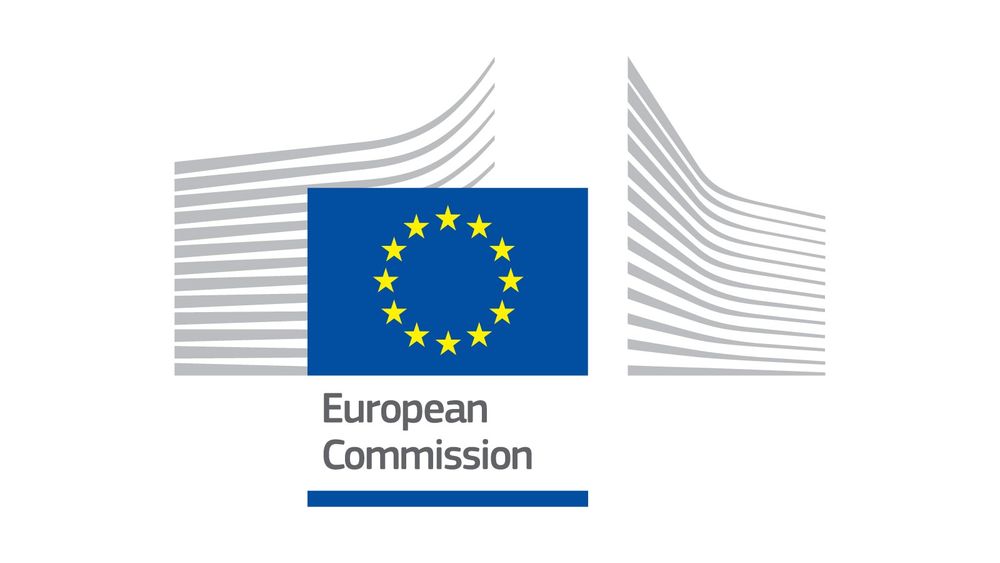
ec.europa.eu/commission/p...
🌍 Stipends available for students worldwide — thanks to our sponsors!
📋 Apply for stipends here: docs.google.com/forms/d/e/1F...
🖼️ Consider presenting your work in the Latincrypt poster session!
🔗 More info: ascrypto.org/2025/
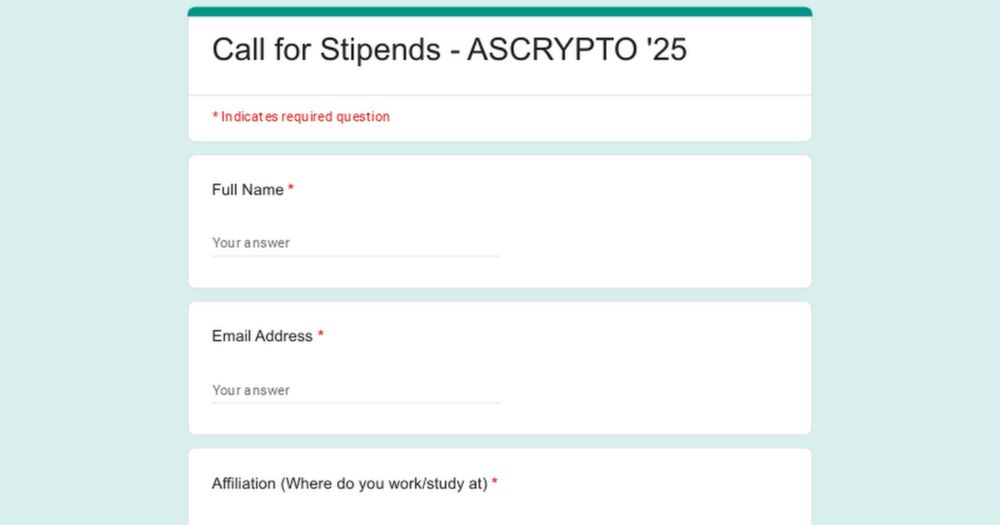
🌍 Stipends available for students worldwide — thanks to our sponsors!
📋 Apply for stipends here: docs.google.com/forms/d/e/1F...
🖼️ Consider presenting your work in the Latincrypt poster session!
🔗 More info: ascrypto.org/2025/
@craiggidney.bsky.social 's new paper: arxiv.org/abs/2505.15917.
A startling jump (20x) in how easy quantum factoring can be!
Also: much improved web design!
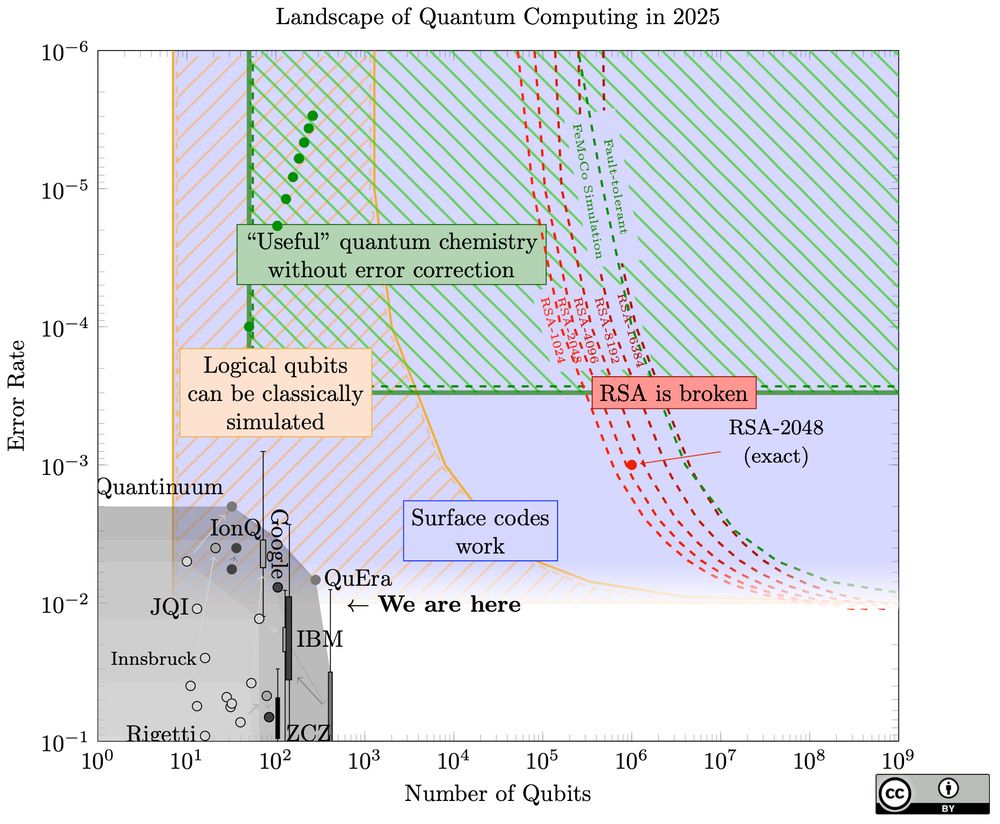
@craiggidney.bsky.social 's new paper: arxiv.org/abs/2505.15917.
A startling jump (20x) in how easy quantum factoring can be!
Also: much improved web design!
From the “Cryptography (Incomprehensible)” category of @sophieschmieg.infosec.exchange.ap.brid.gy's blog.
(If you don't know enough math for this, don't worry, same.)

The course will be both in-person and online: if you're interested, you can tune in Monday morning at 10:30 at unitn.zoom.us/j/88902079708
(details and full schedule in the image below)
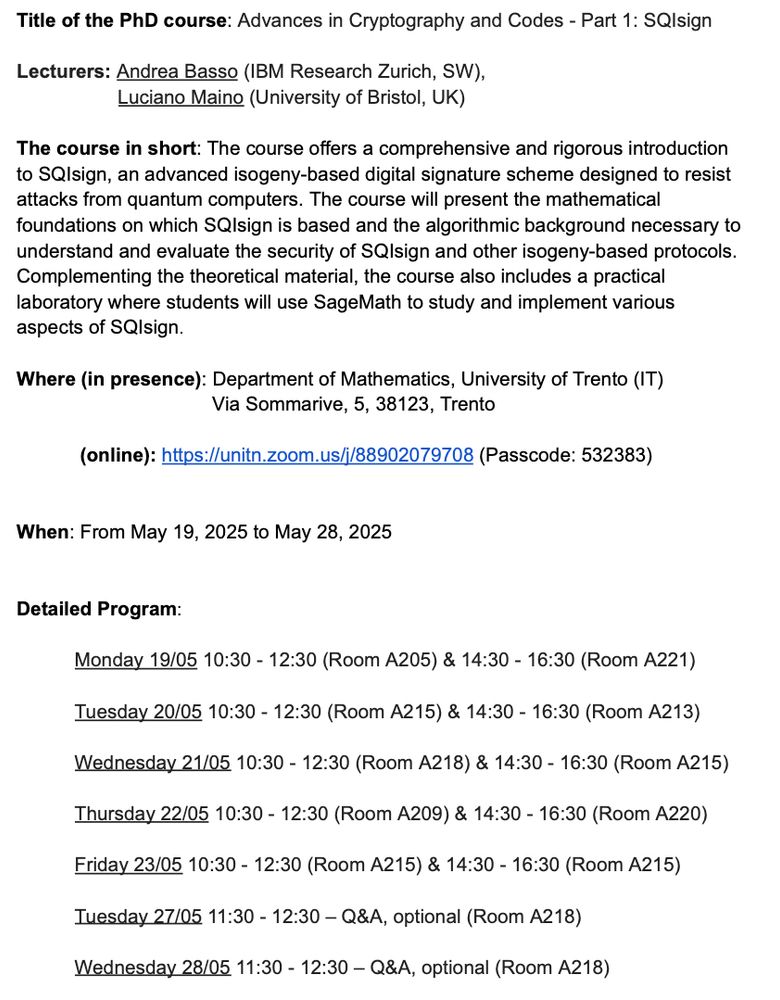
(Well, except for SQIsignHD that came a year too late, but that's probably because of Covid)

(Well, except for SQIsignHD that came a year too late, but that's probably because of Covid)
decryptingdiversity.com/registration/
The event's focus is to develop actions to better support underrepresented groups in cryptography while showcasing the exceptional career paths and research contributions of these communities.
decryptingdiversity.com/registration/
The event's focus is to develop actions to better support underrepresented groups in cryptography while showcasing the exceptional career paths and research contributions of these communities.
The course will be both in-person and online: if you're interested, you can tune in Monday morning at 10:30 at unitn.zoom.us/j/88902079708
(details and full schedule in the image below)

The course will be both in-person and online: if you're interested, you can tune in Monday morning at 10:30 at unitn.zoom.us/j/88902079708
(details and full schedule in the image below)
Link: link.springer.com/chapter/10.1...

Link: link.springer.com/chapter/10.1...
cic.iacr.org
cic.iacr.org
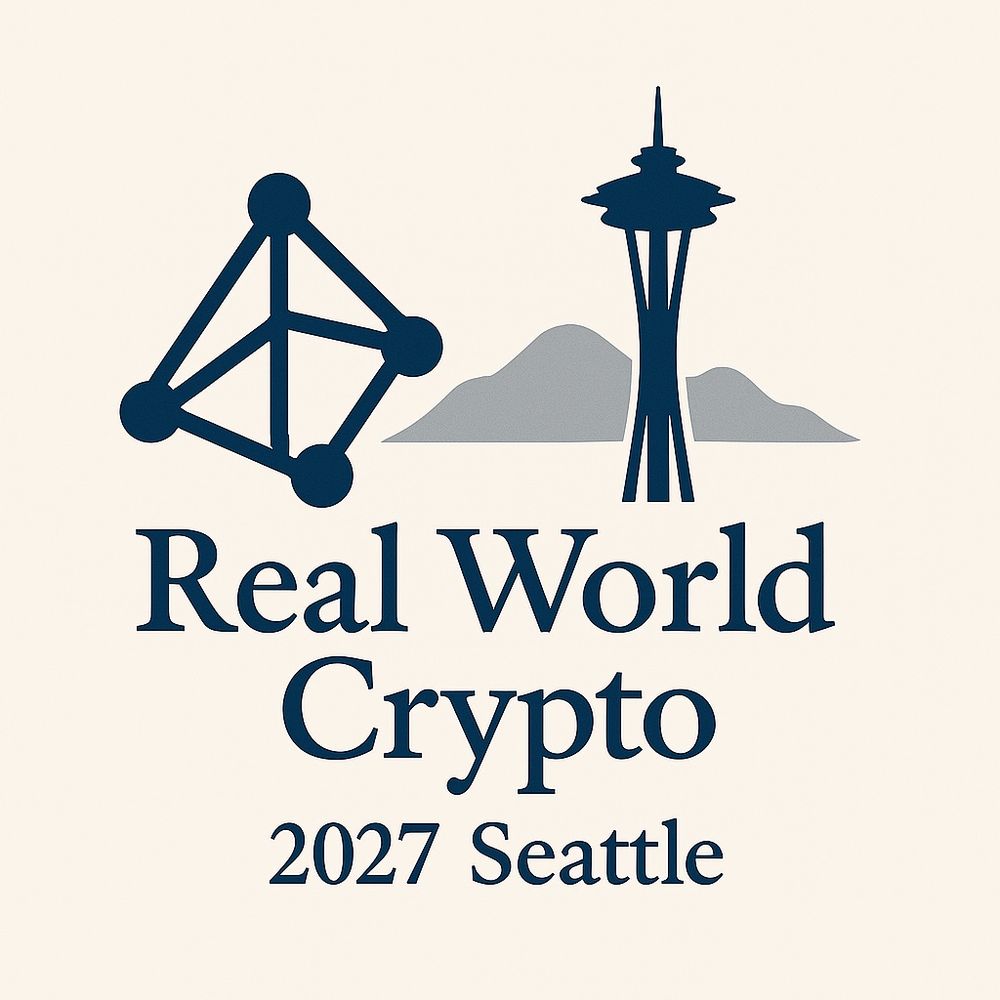
And if you’re going to Eurocrypt, this is going to be convenient: the workshop is just the week before, and it’s not too far from Madrid
Join us for a 3-day workshop on isogeny-based cryptography in Lleida, Catalonia, April 28-30
www.cig.udl.cat/icrypto2025_...
Brought to you by ULleida's Cryptography+Graphs group, the SQIsign team and friends!
Registration and program coming soon
Registration is free!
We’re planning to host the next Swissogeny Day in the summer, if you’d like to attend, reach out!

We’re planning to host the next Swissogeny Day in the summer, if you’d like to attend, reach out!
And if you’re going to Eurocrypt, this is going to be convenient: the workshop is just the week before, and it’s not too far from Madrid
Join us for a 3-day workshop on isogeny-based cryptography in Lleida, Catalonia, April 28-30
www.cig.udl.cat/icrypto2025_...
Brought to you by ULleida's Cryptography+Graphs group, the SQIsign team and friends!
Registration and program coming soon
Registration is free!

And if you’re going to Eurocrypt, this is going to be convenient: the workshop is just the week before, and it’s not too far from Madrid




